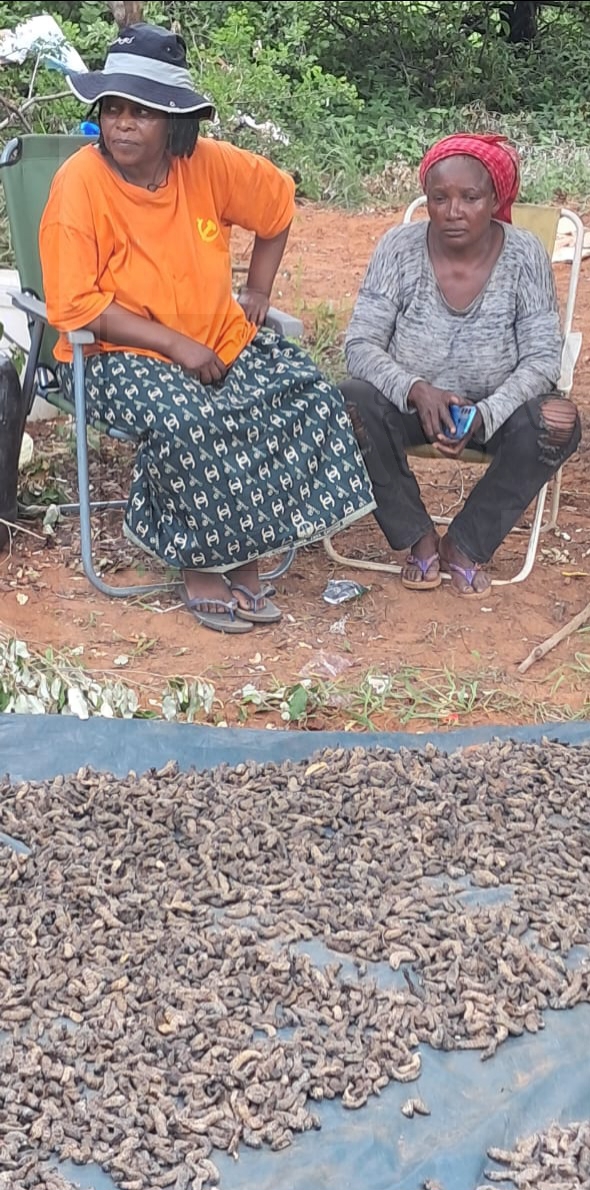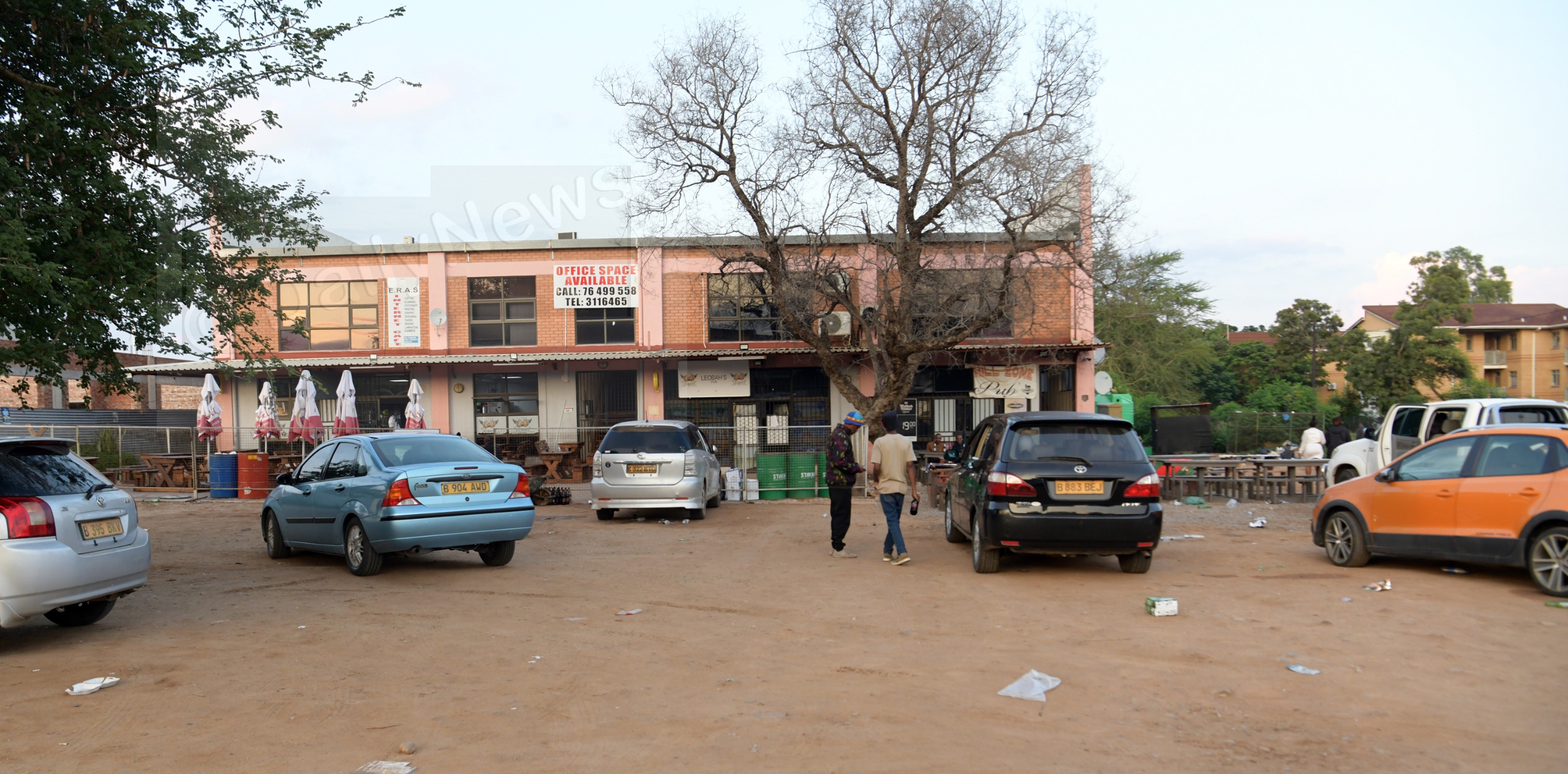Antimicrobial Resistance poses a threat in Botswana
08 Apr 2024
Antimicrobial Resistance (AMR), the phenomenon where bacteria, viruses, fungi, and parasites no longer respond to antimicrobial medicines, poses an existential threat in Botswana due to strained health infrastructure and limited medical resources.
Speaking at the World Organisation for Animal Health’s (WOAH) centenary two-day conference hosted at Avani on April 4 and April 5, the Minister of Agriculture, Mr Fidelis Molao, said the thriving environment for falsified and substandard products were drivers of AMR.
Mr Molao said a global effort, led by institutions such as World Health Organisation (WHO) and WOAH, to combat AMR through the development and implementation of National Action Plans based on a whole-of-government approach.
He said the increasing threat of trans boundary diseases in the Southern African Development Community (SADC) region, such as Foot and Mouth Disease (FMD) and cattle lung diseases jeopardised the progress made in the development and upliftment of communities. Giving example of the status of FMD in Botswana, he said in the Ngamiland region they had an excess of 200 000 high quality cattle. However, farmers did not have access to markets and a fair price for their products.
“We continue to look forward to the WOAH member states’ support and promotion of universal acceptance of science-based initiatives to promote trade such as community-based trade and acceptance of products and livestock from FMD free areas with vaccination zones of compartments,” he said.
Mr Molao commended WOAH’s promotion of concepts such as zoning and compartmentalisation, contained zones, which he said were not only contributing to promotion of the health of animals but also unlocking the economic value of livestock and promoted sustainable production.
He expressed gratitude to WOAH and its partners, including the Food and Agriculture Organisation (FAO,) for their continued support in strengthening veterinary services and capacity-building efforts to control and eradicate diseases of public health importance in Africa.
Representing the quadripartite organisations, (FAO, WHO and WOAH), also from FAO sub regional for Southern Africa, Dr Berhanu Bedane, congratulated WOAH on its centenary anniversary, reflecting on the journey of the past hundred years and the collaborative efforts among FAO, WHO, and WOAH to tackle health threats.
Dr Bedane said the Tripartite Commitment and the expanded scope of collaboration to include the United Nations Environmental Programme (UNEP), culminated in the creation of the quadripartite.
He proposed further collaboration, suggesting the revival of Regional Animal Health Centres (RAHCs) across Africa established in response to the Highly Pathogenic Avian Influenza outbreak in 2006. He said as WoAH embarked on its journey of more than 100 years of service, it recognised the need for collaborative efforts across multiple sectors under the One Health approach. In line with this, Dr Bedane said WOAH aimed at reviving an excellent initiative that was started during the mid-2000s by FAO, the then OiE, and AU-IBAR. He said this initiative involved the establishment of RAHCs across Africa, which was identified as one of the top priorities among several others that require attention.
On another note, he said these regional hubs were initially created following the outbreak of the Highly Pathogenic Avian Influenza (H5N1) in Africa in 2006.
He added: “Their primary purpose was to safeguard food security, protect public health, and promote economic development. The first centre was established in Bamako to cater to the needs of West and Central Africa.
Later, additional centres were set up in Gaborone and Nairobi in 2007 to serve Southern and East Africa, respectively.”
He also said the RAHCs played a significant role in controlling the Avian Influenza outbreak.
Moreover, they have also built capacity in various areas such as epidemiology, laboratory networks, and emergency preparedness plans.
These centers played a crucial role in controlling outbreaks, enhancing epidemiology and laboratory networks, and fostering partnerships with regional economic communities. ENDS
Source : BOPA
Author : Bakang Wren
Location : GABORONE
Event : Conference
Date : 08 Apr 2024





